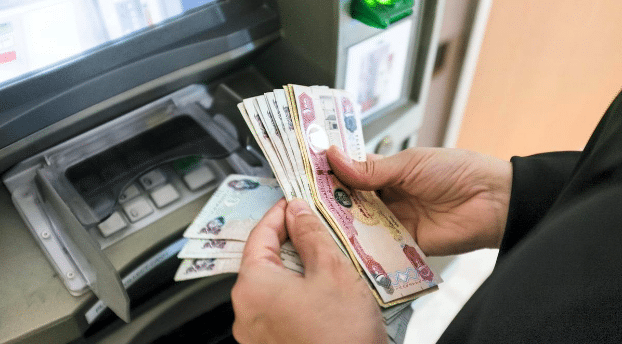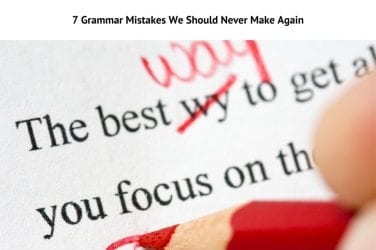Learning about VAT can be quite taxing for most people, but it does not have to be that way. So many people in the UK have no clue whatsoever as if going VAT-registered will help them in any way or not. They are not sure if this step is going to support their financial success or not. Let’s find out more about some concerns and questions people have about VAT.
What Is It, Anyway?
VAT refers to Value Added Tax and is therefore applied to raise the income for the government. As a new business, it really helps to calculate VAT on food and drink to know how much you will end up paying after making all sales.
Who Is Exempted From Tax?
All the businesses and income resources are bound to be registered taxpayers, but there are some exemptions too. For instance, education and books are exempted from government tax. In this case, you are not required to get registered for VAT. Some industries are also subsidized by the government, and some are given leverage on tax by the government too.
Who Should Pay The Tax?
The amount of tax is proportional to the growth of your business and revenue generated by it. There is a fixed VAT taxable turnover according to which you are liable to be registered for VAT if your annual sale is more than £82,000.

Why Registering For VAT Is Required?
There are three main reasons for voluntarily registering yourself:
Credibility

Your income is taxable only if your annual sale exceeds £82,000. By getting voluntarily registered, you can create an image of an established business owner even if you are not the one. It adds value to your credibility by presenting you as a registered brand.
Flat Rate Vat Scheme
By getting voluntarily registered for VAT, you can avail the benefit of flat rate VAT scheme even if you are a small scale business entity.
Beneficial for Facilitators
You can avail the benefits of VAT flat rate scheme if you are self-employed and work as a facilitator for other companies.
What Is The VAT Flat Rate Scheme?
The VAT scheme charges 20 percent as the standard charges for all transactions. This requires the tedious process of recording and evaluating each transaction. To simplify this process, HMRC has introduced the VAT flat rate scheme.
According to this scheme, you have to pay HMRC a fixed percentage of your gross turnover only instead of calculating it for each transaction. These fixed percentages vary from industry to industry. Like for IT contractors, the VAT flat rate is 14.5 percent. By getting registered with this scheme, you can charge your client 20 percent standard rate and get the benefit by paying less for being registered.
The VAT flat rate scheme is beneficial for small-scale businesses whose annual turnover is less than £150,000 and whose business expenditures are minimum. It’s not much fruitful for the industries which are exempted from tax and products which are zero-rated by the government. For there is hardly any difference in the amount charged from the client and paid to the government.







